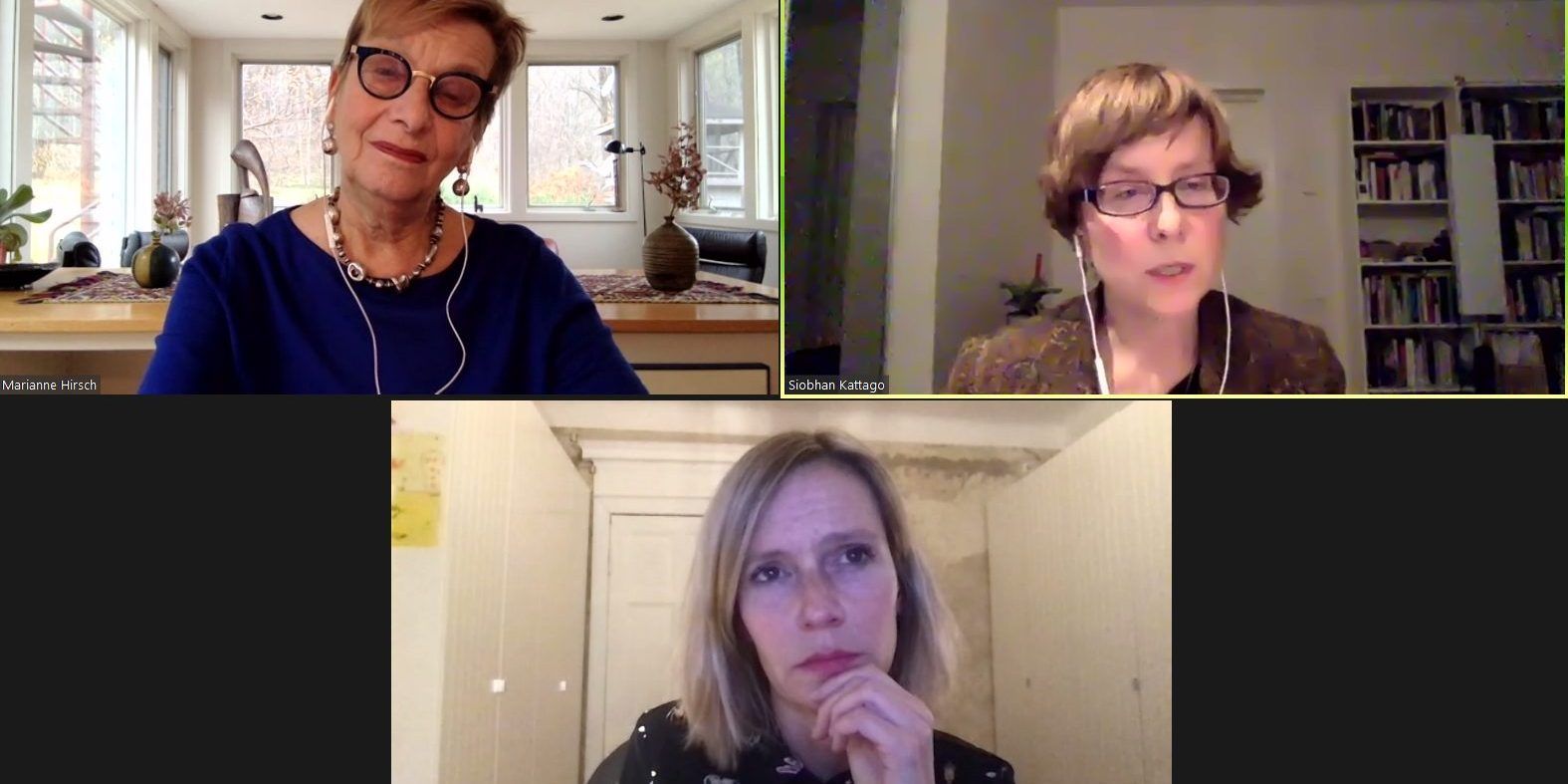One of the main challenges for the development of European memory policies is how to deal with the experiences and stories of violence, fear, and shame stemming from collective crimes of the last century that are transmitted through inter and intra familiar relations. The notion of postmemory, coined by Marianne Hirsch, has become a priceless resource for understanding the affective attachment that the offspring of people involved in traumatic experiences holds to those events. Undoubtedly, Géraldine Schwarz’s awarded book, Those who forget: One’s Family´s provides a ground breaking example of the different and multifarious entanglements that are involved within the intergeneration transmission of memories, duties, and responsibilities. Her book sheds light on the controversial and conflictive forces underlying the remembrance of history of 20th century history. This roundtable is an opportunity for a dialogue between Marianne Hirsch and Géraldine Schwarz on the transmissions and interactions between different memories of the European 20th century and on their potential for teaching historical lessons to forthcoming generations.
A conversation between Marianne Hirsh and Géraldine Schwarz, moderated and conducted by Siobhan Kattago, a scholar whose research is focused on temporalities and European memory and who will surely help us to approach those problems from a broader perspective.
Marianne Hirsh,William Peterfield Trent Professor of English and Comparative Literature at Columbia University and Professor in the Institute for Research on Women, Gender, and Sexuality
Géraldine Schwarz, Journalist, documentary filmmaker, and author of the book “Those Who Forget. My Family Story in Nazi Europe” (2017)
Siobhan Kattago, Senior Research Fellow in Practical Philosophy at the Institute of Humanities and Semiotics at the University of Tartu

